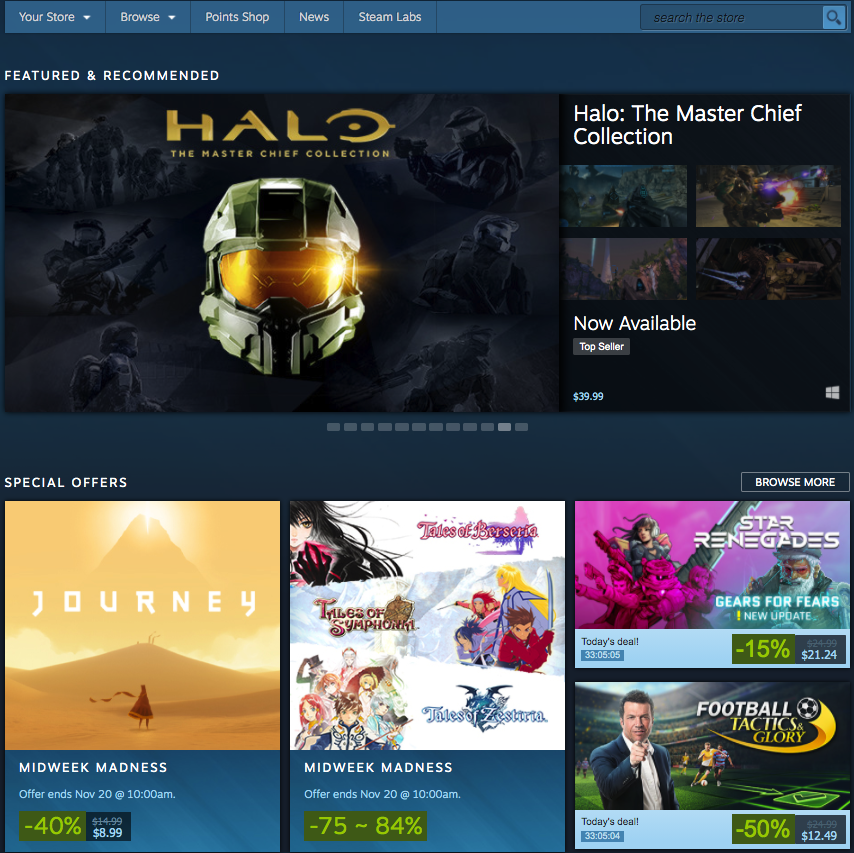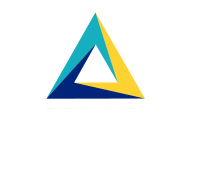7 Questions to Ask a Video Game Marketing Agency or Publisher
A video game marketing professional, I get asked these questions. A LOT. When to work with a marketing agency? What about full-service shop – all things video game publishing? Especially by indie game developers. Both by actual paying clients, and by prospects. To someone new to making video games, these topics are easily misunderstood. Esoteric.

To tell the truth, I have lost count. A former brand director with an AAA video game developer-publisher and head of marketing for an early social game developer, I have been pitched a LOT. As in dozens of times each year.
Developing and marketing a video game? AND to have it become a chart-topping hit on the App Store, Steam Store, or Google Play Store?
It is a lot like being in the boxing ring with a Manny Pacquiao, Sugar Ray Leonard, Mike Tyson, or Muhammed Ali…in his prime. The odds are against you. No ifs, ands, and buts about it. Do not forget that for one single second. But if you ask a strapping young lad named Cassius Clay in 1964? At least you are going into the ring with a shot at immortality.
Two possible outcomes really.
Get them right? And your game has the rightful chance at GREATNESS. Be the next Super Mario, Angry Birds, Halo, or Assasins Creed.
Get them wrong? And your game will die on the vine. Like a concept aircraft, that never ever lifts off the runway.

Get the wrong agency? And your studio may find yourself bleeding cash, buying media or buzz which doesn’t lead to quality players, OR revenue
I literally had a prospect client ask me this on a pitch call. My prospect? A seasoned “commodities and fossil fuel investor” looking to get in on the eSports “Fool’s Gold” The gentleman asked me, point blank.
“We have been told that, in this business, an agency can squander our entire launch budget in weeks or months. Do you agree or disagree?”
My response? Yes, I agree. Several years ago I was managing a franchise (Translation: Umbrella collection of video game brands) with an annual budget of approximately $10 million. Within my first week of being hired, I asked for the latest Digital Marketing report.
What I saw was a jaw-dropping single line item. It turns out my media was being bought exclusively through ONE media agency. One that charged us a hefty 18% a year on media spend.
Think critically about the relative costs and benefits (time, expertise) to hire (in-house marketing, media buying and creative) vs to outsource (to an external video game marketing agency.)
Further translation? We paid these guys $1.8 million a year. To do what I could have easily hired THREE experienced advertising specialists and media planners to do. And STILL had over $1.3 million savings, to dedicate to acquiring more players. Solid video game professionals are not found on every corner. Given the demand for video game jobs and careers, sometimes it pays to HIRE rather than to outsource. More on that later.
Be careful. In fact, be EXTRA careful. Especially if they tell you “We don’t charge any upfront or fixed costs to manage your accounts.” Needless to say, I had to get rid of that agency, FAST, and get advertising back on track and ROI+.

Without further ado, let’s get to them.
Question #1. What is your background in video game marketing and publishing video games on my platform, be it iOS, Android, Amazon Store, or Steam Store? What is your video game marketing agency’s experience publishing video games in MY genre(s)?
Different games and genres have different set of competitors. More importantly, different genres of games attract different groups of players. Here is a quick example. On the Steam Store, for instance, you have specific mechanics to drive discoverability. In particular, on Steam, you may need to run promotions. Yes, I said it. Hefty promotions. Just take a look at this screenshot. Given the algorithm on Steam differs from that on the App Store which differs from the Google Play Store. Knowing the state of the video game industry and how it differs by country, it’s best to ask the tough questions early.
To someone like myself accustomed to Freemium or Subscription pricing, this may look old-school. But you know what? It WORKS! Just think the last time when you went to Starbucks and saw the $2 Frapuccino promotion between 3 and 5 PM. Simple, no frills. But it works.

Question #2. How do you optimize creatives? Is this done programmatically or manually?
The bleeding-edge media agencies know this. Like two sides of the same coin. The Ying and the Yang go hand in hand. A 1-person marketing agency or a full-service publisher? Experienced media buyer…or green.
To any one new to video game marketing, advertising and paid media are a powerful channel. One that can yield 1000s and 1000s or target players. But HOW you optimize the creatives and advertising? In short, a media buyer can either buy media MANUALLY or PROGRAMMATICALLY.
-
MANUAL ADVERTISING:
This one is self-explanatory. Basically your media buyer has to MANUALLY review performance results (click-through rates, conversion ratios, costs per install, etc) and manually prioritize those generating better results, and de-prioritizing those which do not.
-
PROGRAMMATIC ADVERTISING:
Facebook’s Dynamic Creatives is a perfect example. Once you provide a set of key creative assets (for example game key art), input the target audiences (for example M 18-24, followed by F 18-24), the platform can create different combinations of creatives, messages, and served in different placements (Instagram, Facebook newsfeed ads, etc)

Question #3. Which key performance indicators (KPIs) do you measure and track? Which analytics and reporting tools do you use?
Your agency may specialize in creative projects like videos, banners, or managing your community on Discord… Or you may have a full-service publisher who helps you with product development, market testing, and digital marketing…
In either case, they have metrics that determine the success of your game. Ask them which KPIs THEY want to measure. Depending on the stage of your game, these may look something like this.
CONCEPT STAGE:
- CONCEPT TESTING (How do you handle consumer insights and market research? What if I’m working on a Retro throwback or old IP reboot? Can you help me assess the total addressable market around a given IP?)
- FAVORABILITY (Awareness, Discoverability, Download and Play Intent on a scale from 1 to 10) based on Key Art, Game Descriptions
- INITIAL FORECAST (What is the Total Addressable Market? Who are the target players? What are the key competitors?)
MVP STAGE:
- EARLY BETA FEEDBACK (Who are the target player groups? What are the main features? How many testers do we need? What scores for Fun Factor and Recommendation Intent do we need?)
- BUG TRACKING (What are the main features that need to be complete? How many Major bugs will we accept?)
- ORGANIC DIGITAL MARKETING (How do you handle App Store Optimization or ASO? What about word of mouth and user-generated content?)
BETA:
- BETA LAUNCH (Which platform do we launch on? Which test country (or countries) do we launch in?)
- TEST (Key features we need feedback on? How many testers do we need? What scores for Fun Factor and Recommendation Intent do we need?)
- COMMUNITY MANAGEMENT (Key number of followers/influencers on Instagram, Tiktok, etc?)
Again, every agency or publisher should know how it wants to track and measure success. When you ask these questions, if you get a blank look, just know it’s not a good sign. Translation: either the agency doesn’t care about performance, or it hasn’t thought about how to make YOU successful. Neither is a good sign.
Question #4. Do your video game marketing agency have in-house creative capabilities (for banners, videos, etc)?
This question goes hand-in-hand with question #2. If your game or app is highly interactive with vivid 3D graphics, etc, ask the follow-on questions. Questions such as:
- What are your capabilities with Computer Graphics and Motion Graphics?
- Do you handle video and/or graphic design in-house or outsourced?
Pay SPECIAL ATTENTION when the agency or publisher stutters or goes silent. Chances are if the agency lacks the resources in-house, YOU the client will pay a premium. Think whatever the motion graphic artist or videographers charges, plus a 50-100% markup for the agency.

Question #5. Who on your video game marketing agency team will be managing my account – whether the creative project or media buying/reporting – on a DAY TO DAY basis? Who is my “throat to choke”?
This is a critical question I like to ask upfront. It’s customary that the agency principal or managing director(s) are the senior-most members on a new client pitch.
Don’t be surprised if you get the COO + President + VP of Client Services all on the initial pitch.
Ask them, point blank, “If we decide to move forward with a monthly retainer or 90-day trial, WHO will be our primary DAY-TO-DAY contact?
If they say that the COO, the Managing Director or the VP of Client Services, great. If they say someone else whom they will assign, just know you may fall into the common trap.
Beware the “Bait and Switch.” Get the Senior team on your game if possible.
The common trap of “Bait and Switch.” Let the senior-most team members to close the business. And then assign the 21-year-old Liberal Arts major to cut his or teeth on client services for the first time… Unfortunately this is more the norm than the exception. So just be aware.
The lower the monthly retainer, the more junior the team member assigned… 99.99% of the time.

Question #6. What is your video game marketing agency’s fee structure? Is it a flat monthly retainer, or variable costs (as a percentage of revenue)?
Recall what I said earlier. Fees Structure looks something like this:
- FLAT MONTHLY RETAINER: Basically the agency agrees to service your publishing and marketing needs for a set fee.
- VARIABLE REVENUE SHARE: Here you need to be very careful. Revenue Share models can get very complicated. I’ve seen agencies that charge a flat $5000 account management fee + 5-20% of media spend.
Again there are no right or wrong answers. Just be EXTRA careful when the agency tells you there are ZERO fees upfront, and you only pay a percentage of the media spend they manage.
Translation: The agency has an incentive to spend AS MUCH money as possible, as quickly as possible. This can be itemized separately for your paid digital marketing, apart from managing your community on Instagram, Tiktok, Discord, etc.
Oh, the game’s monetization hasn’t been tested? That’s okay. Buy a million users and let them inform game design. If you get a response like this, RUN for your life, as quickly as you can.
Question #7. What is the opt-out or termination clause? Can we opt-out, assuming unsatisfactory project or campaign performance, with a standard 30-day notice? Or is there a term of commitment, above and beyond that?
This one is pretty self-explanatory. It’s very rare for an agency or publisher to lock you in on a 6- or 12-month contract. But whatever the terms may be, make sure there is a 30-DAY OPT OUT CLAUSE in there.
Translation: if the agency or publisher does a great job, you will renew and roll the engagement into another month. If NOT, you are legally allowed to OPT OUT, no questions asked.
I hope that helps you make your next decision. Think holistically.
Hire (an in-house dedicated marketer who handles social media, community management, PR, and media buying, etc.) Partner (with a full-services publisher.) Or Retain (a marketing agency.) So long as you ask the right questions upfront and have your Opt Out Clauses, you’ll be A okay.
Got more questions? How can I help?



